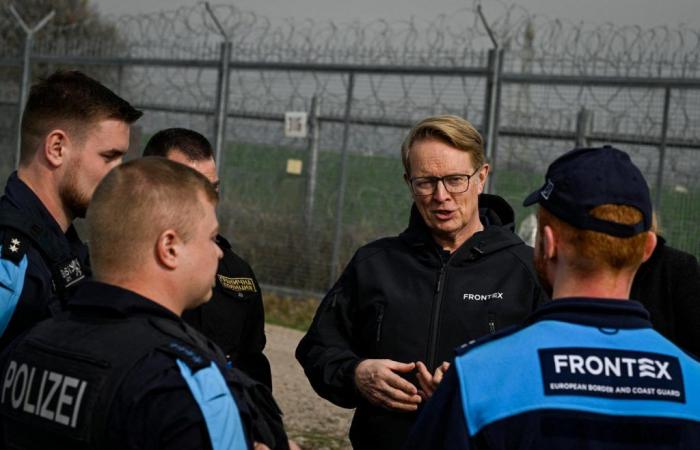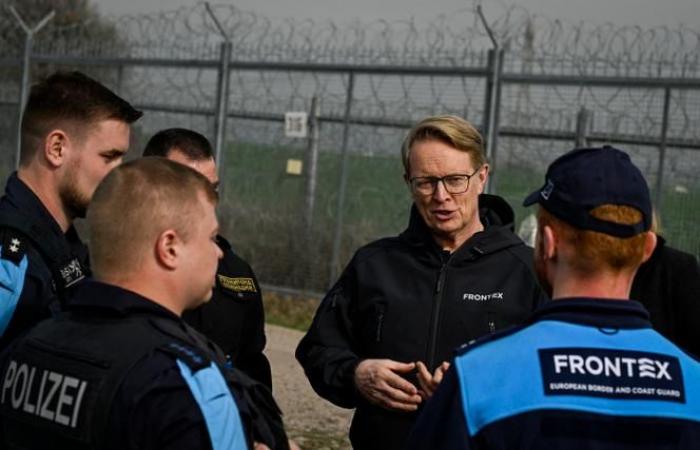In Europe, taboos are falling one by one on the migration issue. As the heads of state and government of the European Union (EU) meet, Thursday October 17 and Friday October 18, in Brussels, for their back-to-school council, this controversial subject will be in every conversation. In order to fuel the discussion, the President of the Commission, Ursula von der Leyen, sent them a long missive, promising them, in addition to the pact on migration and asylum adopted in the spring and which certain countries like Spain want apply new European legislation from 2025 to facilitate evictions. Today, returns are one of the weak points of the European system, with less than 20% of rejected asylum seekers returning to their country of origin.
While irregular entries fell by 42% over the first nine months of 2024, with 166,000 crossings recorded by the Frontex agency, the head of the European executive wants to go much further. She suggests exploring “innovative solutions” to combat illegal immigration, whether this involves outsourcing asylum procedures outside Europe, as Italy is doing in Albania, facilitating expulsions to third countries or creating “return centers” outside Europe under the new expulsion law. After the European migration agreements with Tunisia, Egypt and Lebanon, it also proposes launching negotiations with Senegal, or even Mali.
If certain Member States, like Denmark, Austria and Italy, campaigned in recent months to impose these “innovative solutions” in the European political agenda, Brussels had until now not considered taking them over completely. But the political situation has changed and several dikes have been blown up. “Even Luxembourg, very skeptical about innovative solutions, is no longer opposed to them”a European diplomat recently wondered.
Modified political balances
Two years after the accession to power of the post-fascist Italian Giorgia Meloni, who made the fight against immigration her priority, the conservative right and the far right prospered both in the national elections and in the European elections in June, changing the political balance in Brussels.
The European Parliament leans more to the right, with a European People’s Party (the conservative group) which is capable not only of creating a majority with the traditional, liberal and socialist forces, but also, and this is the novelty, with the groups of extreme right, now able to promote their anti-immigration agenda. At the same time, the Council brings together more and more states governed by coalitions incorporating the extreme right or being supported by its forces, such as in the Netherlands, Sweden, Finland and perhaps, soon, in Austria.
You have 61.16% of this article left to read. The rest is reserved for subscribers.







